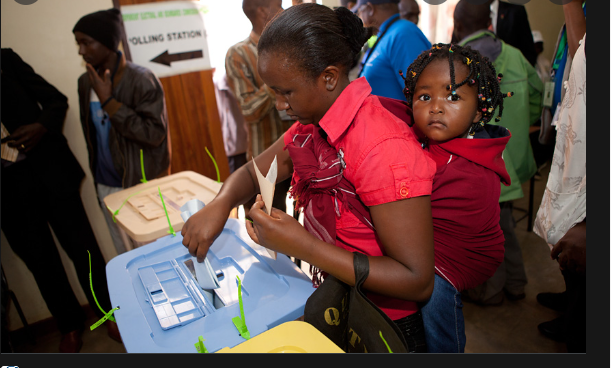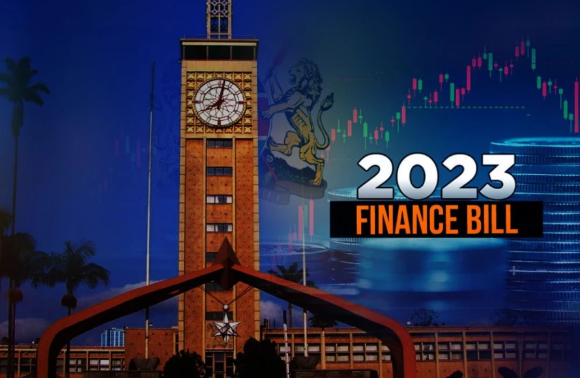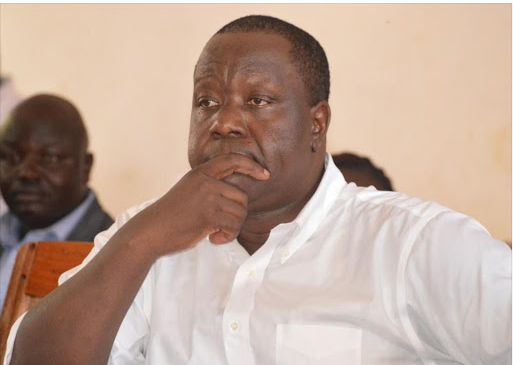Kenya’s August Polls Among The World’s Most Expensive Elections

The 2019 general elections in Kenya will be among the most expensive in the entire globe, costing Ksh.44.6 billion.
This indicates that the Independent Electoral and Boundaries Commission (IEBC) will spend around Ksh. 2,000 per voter to organize the election, which involves 22,120,258 registered voters.
Earlier this month, IEBC Chairperson Wafula Chebukati disclosed that the cost of producing a single ballot paper, including VAT, is around Ksh.
More than 120 million ballots will be printed and sent to Kenya by the business in Athens given the assignment, Inform P Lykos Holdings SA.
One of the primary causes of Kenyan elections costing the taxpayers such astronomical sums is the decision to purchase electoral materials from overseas.
Ksh. 49.9 billion was set aside for the 2017 General Election, Ksh. 3.8 billion of which went only to security for the primaries and elections.
However, this year’s cost has been marginally decreased because the majority of the machinery used in last year’s polls will still be employed.
Compared to other countries in East Africa, Rwanda had the most economically efficient election in 2017. Its electoral authority spent Ksh.761.7 million ($6.9 million) on its 6.8 million voters, or Ksh.112 on average.
In contrast, Zambia’s elections cost the taxpayer Ksh. 600 per voter, while Uganda spent an average of Ksh. 1,400 per voter.
Nigeria, which has 100 million registered voters, will invest $1 billion in preparation for the next election next year.
Globally, India, with the world’s largest number of voters (910.5 million), also spent an average of Ksh.1,000 for every voter, while the UK spent an average of Ksh.480 per voter during the two countries’ recent elections.
“Our problems have everything to do with an expensive legal framework and a lack of confidence in our systems and people,” argues Mule Musau, the National Coordinator for the Elections Observation Group (ELOG) said last year.

 The Road to Victory: President Ruto’s Triumph in the August 2022 General Election
The Road to Victory: President Ruto’s Triumph in the August 2022 General Election  Finance Bill 2023- The Benefits
Finance Bill 2023- The Benefits  How Small Businesses Can Use AI to Increase Sales In Kenya
How Small Businesses Can Use AI to Increase Sales In Kenya  Not Today; Matiang’i’s Lawyer Says His Client Will Not Appear Before DCI Today
Not Today; Matiang’i’s Lawyer Says His Client Will Not Appear Before DCI Today  Senator Onyonka Urges President Ruto To Be Careful On How He Handles Matiang’i’s Case
Senator Onyonka Urges President Ruto To Be Careful On How He Handles Matiang’i’s Case  Form One Student Beaten To Death By Teachers Over Alleged Physics Exam Cheating
Form One Student Beaten To Death By Teachers Over Alleged Physics Exam Cheating